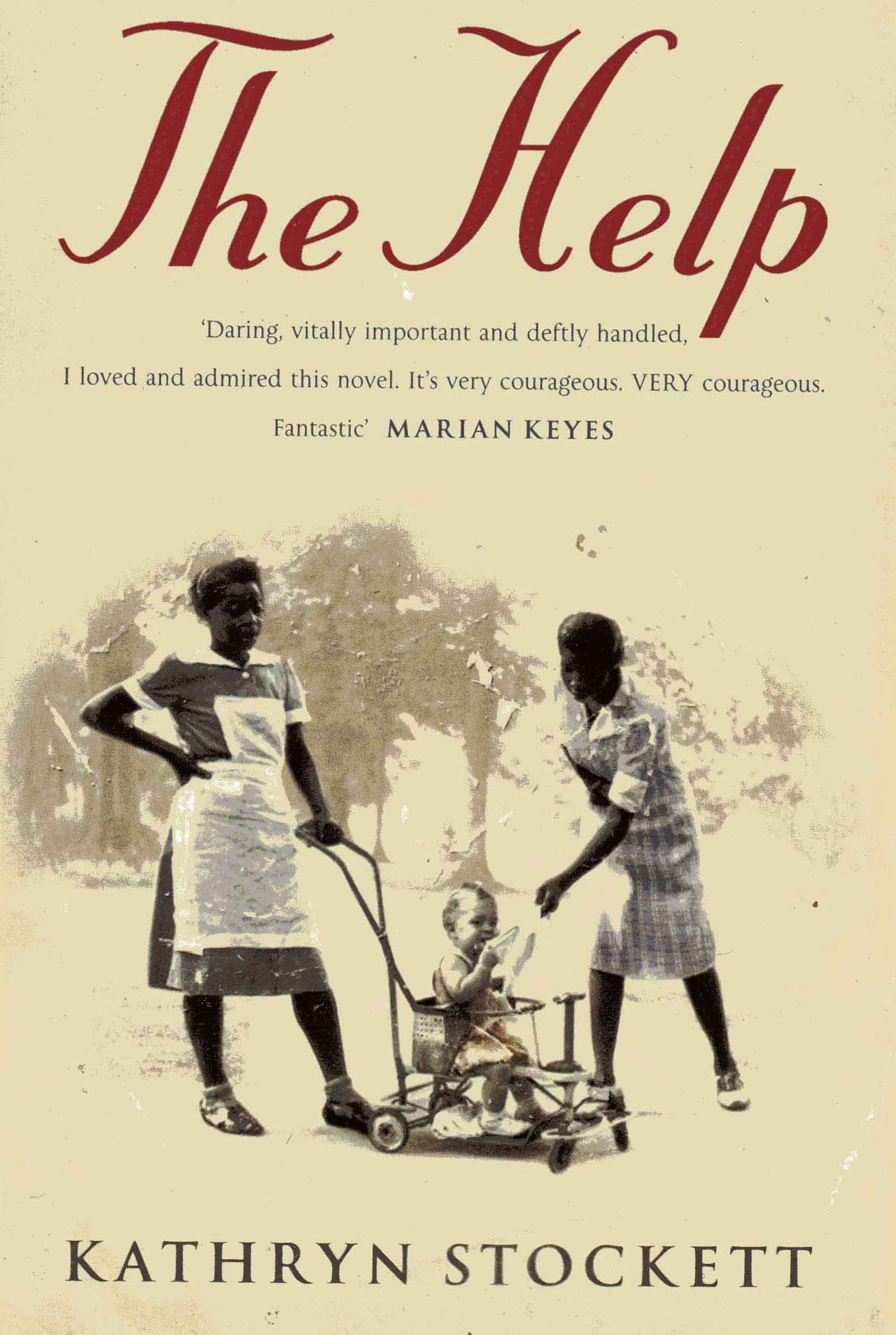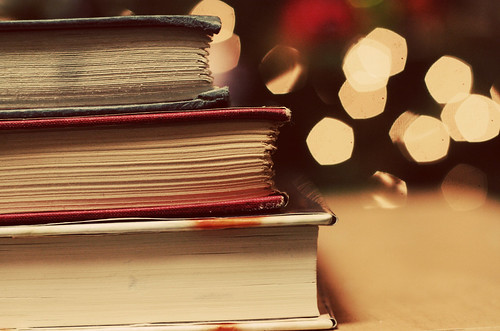Then why are you writing about it? As some of you probably know, I spend much too much time reading forums. Often, I'm wading through endless questions about setting, animal husbandry, types of vegetables, head trauma...one guy sincerely wanted information about bear attacks, because the animals aren't native to his geographic region. It's a pretty thin excuse for practicing a really bad writing tactic: overreaching...and I could make an argument for laziness, too. Either way, it's bad - so stop! There are alternatives to asking random questions about the secret life of onion bulbs in open, public writer forums.
Totally Unfamiliar Territory
I find it incredibly mind-boggling that so many writers would use plot devices with which they are utterly unfamiliar -- particular when so much stuff could just be changed to fit something about which the author is more knowledable. Let's go back to bear guy, shall we?
In the book he was creating (and this is a general "he," I can't possibly know the sex of the person who posted the question but bear attack feels like a masculine choice to me), one of the characters was going to get attacked by a bear. Yet he knows nothing about bear attacks, so why not ask a public forum group at large for help?
Why not, indeed? Allow me to count the ways.
- Anonymous answers are always the wrong answer: You're writing a book that's meant to be published. The minute you put some incorrect information in there about the habits of bears, I promise you that one of the people who reads your work will be some sort of ranger, zookeeper or animal expert. They will call you out on Amazon and you will feel bad about it. You don't know who's answering your forum questions or what the heck they know about bears or any other subject. Until you get it from three respectable sources, it just isn't true. That's it.
- You should do your own work: I'm an indie author like you, not your personal research assistant. It's rather unfair for anyone to go around on forums asking random research questions. Why? Because I already know you know how to use the Internet; you're posting on forums. Clearly you can find this out yourself, so why are you asking? In the same amount of time, you can discover the info. I touched on this very thing in another forum-related rant (thinly disguised as a blog post), but it bears repeating because it keeps happening.
- You don't know what you are talking about: If you have to look up bear behavior and attacks to finish a scene, maybe change the scene. Why? Because reading text about how bears attack and looking at pictures of grizzlies just isn't the same as facing a pissed off one in the woods, that's why. You haven't been in that situation, and maybe you've never even seen a bear. Why put one in the story? Write the scene to describe an event that maybe you are a little more familiar with, and you'll be able to add so much more to it. Writing what you imagine is great, but it adds a lot more depth when you write what you know.
As an author, you will have to explore totally unfamiliar territory a lot. You have to think about characters and feelings and motives and settings and events. Don't make it any harder on yourself than you have to. You get to choose the plots and the setting, so try to choose something that you're comfortable with. You can create a scifi world that still resembles your geographic region in some ways. You can invent animals that are similar to the pet rabbit you had as a kid. Interject real memories and knowledge of your own into your stories, and you'll see that you write much better stories.












































